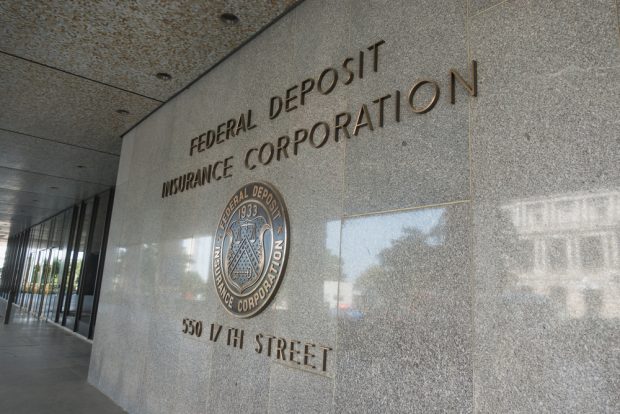Credit unions are in the risk business. If you don't take risk, you go out of business. It's as simple as that. However, take too much risk and you go out of business, too.
So modify that to credit unions and other financial institutions are in the risk mitigation business. Some do a better job of mitigating risk than others. Some are able to operate more profitably than others by better assessing risk. Some whither because they don't take enough risk. Particularly during this economic crisis, many companies and financial institutions sit paralyzed by fear of the risks rather than assessing and adapting to them.
Risk comes from all sides at credit unions. Credit unions risk hiring the wrong executive and sullying the institution's reputation; they risk losing money with every loan they make; and they can lose opportunities with the risk not taken.
The cooperative nature of credit unions in particular can magnify the risk because the industry is so interdependent as we all quickly learned when the U.S. Central, WesCorp and other corporates went south. Certainly, credit unions lost money and are continuing to lose money based on investments the corporates made, which the NCUA did not catch and the trade associations should have been more mindful of.
I do find it particularly troublesome in this cooperative system that many credit union executives fail to recognize what else credit unions have lost from the corporate meltdown. Who sponsored many of the charity golf tournaments credit unions like to hold (and executives love to play in)? When a CEO needed a lending portfolio analysis last minute to present to the board, who often provided it? What processes were your credit unions able to outsource to your corporates cheaper than anywhere else?
Yet when Georgia Credit Union Affiliates CEO Mike Mercer dared to suggest that credit unions deserved some of the blame for the corporate meltdown, our online readers refused to take any of the responsibility. Take your medicine folks: Natural person credit unions were not blameless. Some credit unions were threatening to leave the corporate system over yield and, if enough money funneled out, that could have precipitated the extreme downsizing, if not downfall, of the corporate system without a financial crisis. So corporate credit unions, under pressure from some of the members they exist to serve, took a risk that ended badly in a crisis that only a very few even saw coming.
U.S. Central and WesCorp took too much risk and lost. It is a tragedy, but it is also the nature of the business. NPCUs have done it too and will continue to, costing the NCUSIF and credit unions millions, if not billions.
Credit unions and the NCUA can work to reshape the corporates in hopes of preventing the next crisis, but it will always come. They always do; that's risk.
Lawmakers and regulators work to stave off the next crisis. Take for example how deposit insurance was created out of the Great Depression. Consumer panic has been abated in this crisis as demonstrated by the lack of runs on the financial institutions over the last couple of years. However, the issue of moral hazard still rears its head despite the general success of deposit insurance.
Recently, Matt Davis of the Filene Research Institute wrote in his Credit Union Warrior blog that deposit insurance should be abolished and the customers of the financial institutions should be responsible for obtaining and understanding the balance sheets. I'm very much in favor of personal responsibility but expecting the layman to be able to comprehend a balance sheet and what it could indicate is fantasy. Consumers aren't too stupid or lazy, but they have copious issues to deal with in a day ranging from putting food on the table to credit card disclosures to appointments with pediatricians.
Comments flew back and forth on both sides of the debate, but one that is always top of mind for me is the PR angle. The loss in consumer confidence with the disappearance of federal deposit insurance in the banking system would kill it.
Davis pointed out that the NCUSIF does not allow for risk-weighted deposit insurance assessments, which is definitely a flaw in the system. As international eyes are currently on risk-weighting of capital, and CUNA President/CEO Bill Cheney announced capital reform for credit unions as a top priority last week, so should the deposit insurance assessments be risk-based.
Deposit insurance should also be opt-in, according to Davis, and cooperative or third-party providers should be permitted, an option limited currently to state-chartered credit unions in a handful of states through American Share Insurance.
Cooperation plays the dual role of friend and foe when it comes to risk. Credit unions could better control what other institutions they were doing business with in a private deposit insurance pool, but those putting more money in would likely expect more control. That said, there's nothing I know of beyond a lot of hard work keeping credit unions from pooling together and starting a deposit insurance CUSO. Is this a risk worth taking?
–Comments? Email [email protected]
© Touchpoint Markets, All Rights Reserved. Request academic re-use from www.copyright.com. All other uses, submit a request to [email protected]. For more inforrmation visit Asset & Logo Licensing.






